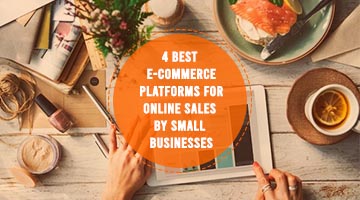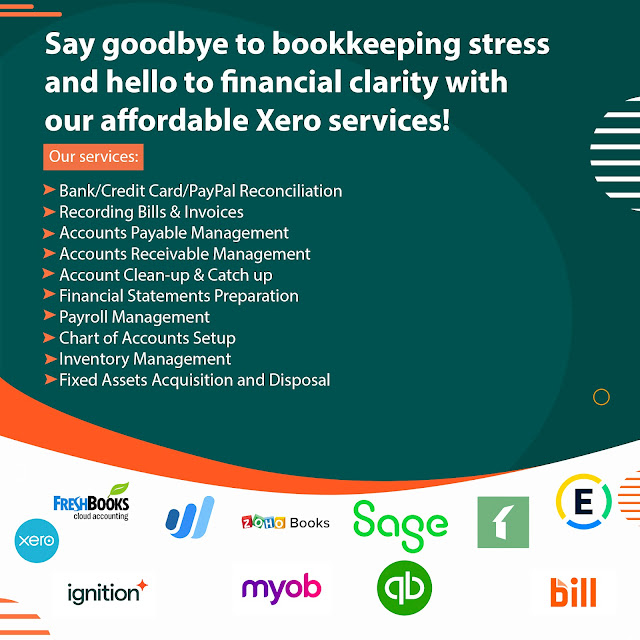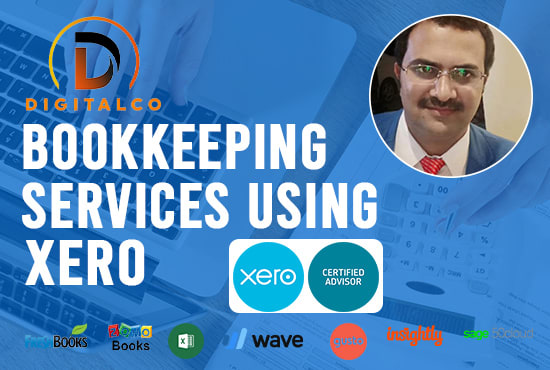4 Best eCommerce Platforms for Online Sales by Small Businesses
It's no secret that the E-Commerce business is quickly expanding and offers tremendous opportunities to dedicated entrepreneurs. However, you'll need to select the ideal eCommerce platform for your small business to flourish. Leading E-commerce solutions can help you increase visitors, make a visual impact, create marketing leads, and increase sales.
There are plenty of excellent platforms available but vary by industry. Only one or two may genuinely meet your specific requirements. Use it to compare the benefits and drawbacks of the most popular eCommerce platforms and make the best selection.
What Should You Look For In A Small Business ECommerce Platform?
What is the best way to find the most refined eCommerce platform for your company? There are a few things to think about depending on your objectives.
SEO (Search Engine Optimization)
SEO guarantees that your site is targeting the right clients and bringing in continuous, organic traffic. Check to see if your eCommerce platform includes SEO options such as dynamic URLs, picture ALT keywords, and more.
Monthly Or One-Time Cost
Remember that cheap platforms don't always come with a lot of functionality, and expensive eCommerce solutions aren't always superior. Instead, concentrate on price plans that you seem comfortable with, ideally for a monthly or one-time fee. Don't be afraid to pay a little more for the best website hosting. You can still find methods to save money in the long term.
User-Friendliness
May find All of the leading, must-have characteristics of an eCommerce platform. However, it will eat up your time and drag down your business if it is challenging to navigate. Choose something simple to operate.
Customizable Design
However, if you want to develop an online identity and take your business to the next level, you'll need to customize your design. Search for solution providers that will enable it
Scalability, Speed, And Performance
Customers may feel frustrated and leave your site if it isn't working correctly or is loading slowly. To avoid this, use an online marketplace with highly tuned capabilities and the expertise to make you as your market develops.
Alternatives To Marketing
Look for a platform that keeps track of who visits your site, offering customer analytics, and converts data into leads. You'll get an edge if your e-commerce site is compatible with automated marketing solutions.
User Experience
You need an e-commerce website with advanced capabilities and well-organized content quality. It must also be compatible with mobile devices and credit card payments.
Again, it depends on your industry, and you may (or may not) need to devote equal attention to each group. So, which eCommerce systems are the best?
Small Business ECommerce Platforms That Work
Ensure you clearly understand the features you need before deciding on the most refined eCommerce platform for your small business to sell online.
If you wish to expand your eCommerce site, you'll need a scalable platform that allows you to add products easily. You'll require easy-to-use web hosting if you're not tech-savvy.
Many of the sites listed below provide free trials as well. If you're not sure what you're looking for, take advantage of this option before deciding.
Magento Is The Best For Customization
Magneto is a favorite among some of the most well-known business retail brands, and it comes with a long list of top-notch features and configurable possibilities. May use Magneto to build nearly anything if you work with the proper developer.
Magento can support a limitless number of products, which is ideal for online businesses that want to grow as they sell. Magneto also includes bookkeeping, content marketing, email campaigns, subscriptions, SEO, and other features.
Shopify Is The Best Option For Retail And ECommerce Integration
Shopify is one of the best eCommerce systems for small businesses because it offers essential functionality in an easy-to-use, intuitive design. It thrives at stock management, one-click selling, and omnichannel sales, among other things.
When it comes to connecting omnichannel selling partners like Facebook, Instagram, Amazon, and others, Shopify shines. On the other hand, its SEO features aren't pretty outstanding, and many shops have had trouble personalizing their URLs.
Overall, Shopify is a straightforward, user-friendly platform with some features, but not all of the features you'd expect.
Wix Is The Best Option For Beginners
When it comes to free themes, drag-and-drop elements, a simple setup, and a user-friendly interface, Wix is the go-to eCommerce platform. Omni-channel selling abandoned cart recovery, dropshipping, and more are all included. Wix also has reasonable pricing levels, which is a significant plus for beginning eCommerce site owners.
Unfortunately, when it comes to SEO, Wix isn't the best. If you want a fully customizable template, you'll have a hard time finding one. Some users have expressed worries about security.
Squarespace Is The Best For Design And Functionality
Because of its affordability, excellent designs, great functionality, and simple set-up procedure, Squarespace is a top eCommerce platform for small enterprises. This platform includes drag-and-drop features, inventory management, marketing tools, omnichannel retailing, SEO, analytics, and more, all at a low cost.
Selecting The Most Appropriate E-Commerce Platform For Your Small Business
It will be pricey to select the best eCommerce platform for your small business, but it is also an investment in your success. A suitable medium will increase sales and revenue, making the change worthwhile.
Rather than settling for the cheapest solution, You can have the best digital marketing services and have expert financial advice. It will assist you in obtaining the funds you require to expand your online business. Plus assistance in Budgeting, inventory management, tax preparation, and comparing line of credit and business loan offers.








Comments
Post a Comment